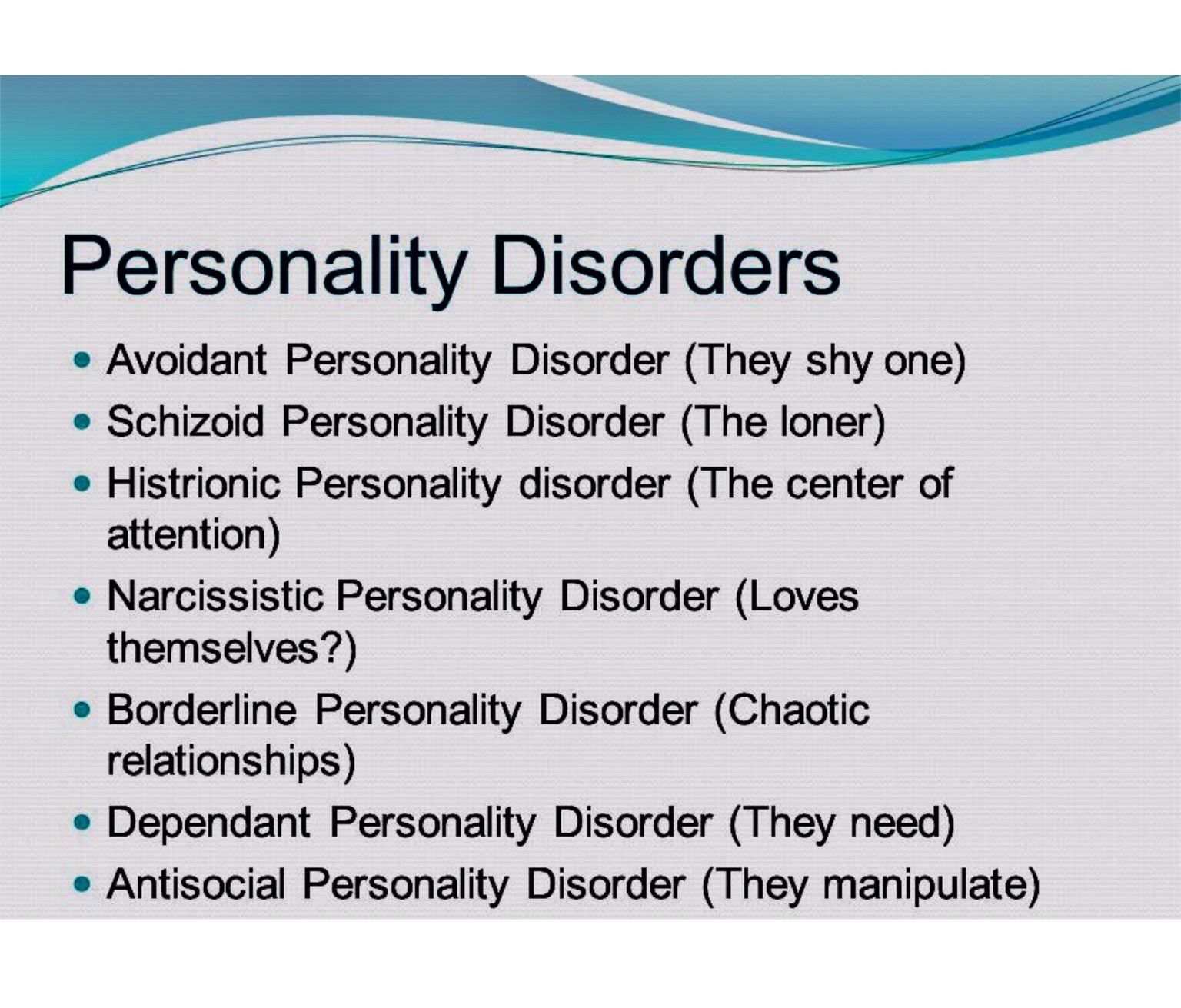Trevor Todd md Jackson Todd have over sixty years of estate experience including dealing with forced marriages in estate situations.
In Jaura v Jaura 2025 BCSC 503 a young woman succeeded in annulling a marriage that she did not want and was forced to enter.
The court reversed a previous English decision from 1959 called Parojcic v Parokcic 1 All E.R. 1 where the court found that the use of force, terrorization and threats were no longer the threshold that must be met in order to vitiate consent to marry.
In S.(A.) v. S.(A.) (U.F.C.), [1988] O.J. No. 1407, 1988 CanLII 4713 (O.N.S.C.), the Ontario Unified Family Court held, quite rightly in my view, that duress is made out where there is an absence of free choice, or oppression generated by fear, persuasion, or pressure:
A valid marriage is grounded upon the consent of each party. Oppression may vitiate consent, and if there is no consent, there is no valid marriage. Different people may respond to oppression in different ways, and conduct that may overmaster the mind of one person may not have this impact upon the mind of another. It matters not, therefore, whether the will of a person of reasonable fortitude would – or would not – have been overborne: the issue is, rather, the state of mind of the applicant. To constitute duress, it must be established that the applicant’s mind was so overcome by oppression that there was an absence of free choice. The point that falls for decision is whether the consent given at the time of the ceremony was a real, understanding, and voluntary consent. Oppression can take various forms: it may be generated by fear, or by persuasion or pressure. Essentially, the matter is one of degree, and this raises a question of fact for the court. The determination involves a consideration of all relevant circumstances, including the age of the applicant, the maturity of the applicant, the applicant’s emotional state and vulnerability, the lapse of time between the conduct alleged as duress and the marriage ceremony, whether the marriage was consummated, whether the parties resided together as man and wife, and, the lapse of time between the marriage ceremony and the institution of the annulment proceeding. As long as the oppression affects the mind of the applicant in the fashion stated, physical force is not required, and, no more so, is the threat of such force a necessary ingredient. Nor is the source of the conduct material. Where duress is alleged, the onus of proof is upon the party seeking annulment, and it is an onus that is not lightly discharged.
These principles have been adopted in more recent decisions by this Court. In R.H. v. R.T., 2011 BCSC 678, for instance, Justice Maisonville set out the factors to be examined to determine if a claimant’s mind was so overborne by pressure to constitute duress vitiating the consent to marriage:
[28] … Oppression can take many forms and the matter is one of degree which is a question of fact for the court. The circumstances to be considered in the assessment include:
• the party’s emotional state at the time of the marriage ceremony,
• the party’s vulnerability,
• the time between the alleged coercive conduct and the marriage ceremony,
• whether marriage was consummated,
• the residence of the parties during the marriage,
• the amount of time until the start of the annulment proceedings.
[29] However, the most important consideration for the court when considering an annulment on the basis of duress is the parties’ emotional state at the time of the marriage ceremony. If the parties are mentally competent to give consent even if they may be reluctant and feel pressured, this is not sufficient ground to grant an annulment on the basis of duress. The emotional state must completely overbear the will to consent, however reluctant or hesitant the party may be.
[Emphasis in original.]
In Kaur v. Jhamb, 2019 BCSC 67, the Court granted an annulment of a sham marriage entered into solely for immigration purposes. In that case, the claimant agreed to participate in the sham because of the threat of losing her job. That threat was sufficient for the Court to find her participation in the civil marriage ceremony to be under duress.










